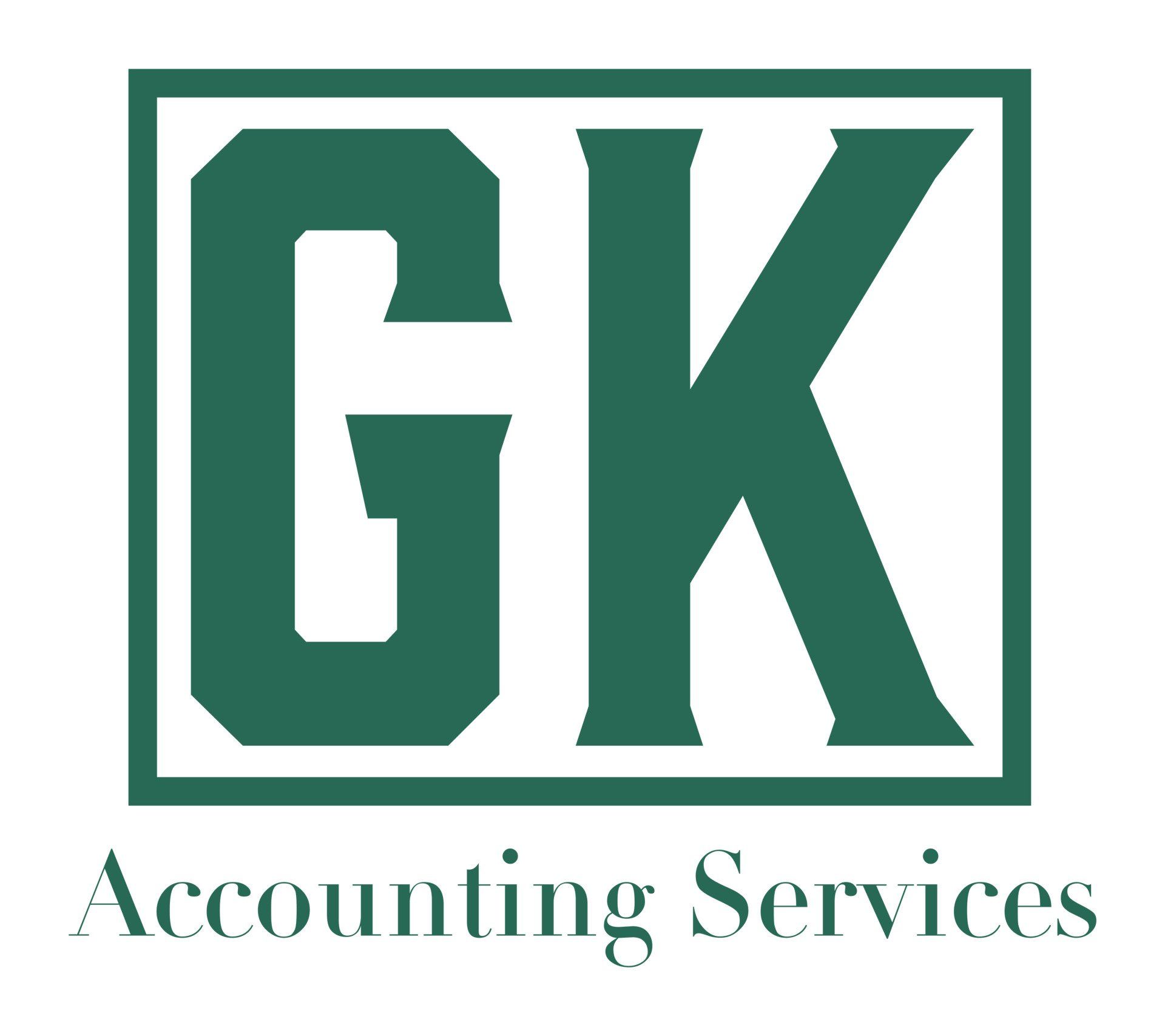Its the End!!!!.....Of Special Holiday Let Rules
What does this mean for you?
The end of special holiday let rules refers to recent or upcoming changes in tax regulations that affect the treatment of holiday let properties, particularly in the UK. These properties were previously given special tax treatment if they met certain conditions, but with regulatory changes, some of these advantages may be reduced or eliminated.
Background on Special Holiday Let Rules:
In the UK, Furnished Holiday Lets (FHLs) have traditionally been subject to more favourable tax treatment compared to other residential rental properties. To qualify as an FHL, the property had to meet certain criteria, such as being available to let for a minimum number of days per year and actually being let out for a certain period.
The key tax advantages of FHLs include:
- Capital Allowances: Owners of FHLs can claim capital allowances on items such as furniture, equipment, and fixtures, which are not available for regular buy-to-let properties.
- Tax Relief on Profits: Profits from FHLs are treated as earned income, making them eligible for pension contributions and other reliefs.
- Capital Gains Tax (CGT) Relief: FHLs could benefit from reliefs like Business Asset Disposal Relief (previously called Entrepreneurs' Relief), reducing the CGT rate when selling the property.
Potential Changes and Their Impact:
1. Stricter Requirements:
There have been discussions and announcements that the government might tighten the requirements for a property to qualify as an FHL. These could include:
- Increased minimum letting period: Currently, properties must be let for at least 105 days per year to qualify as an FHL. There is a possibility that this threshold could be raised, making it harder for some owners to meet the requirements.
- More stringent enforcement: Increased scrutiny from HMRC to ensure compliance with FHL rules and possibly removing the special tax status for properties that don't strictly meet the criteria.
2. Changes to Capital Gains Tax Treatment:
The special treatment of FHLs for CGT purposes could be under review, with potential limits on the availability of Business Asset Disposal Relief. This change would mean that selling a holiday let might result in higher CGT liability compared to the reduced rate that FHLs enjoyed previously.
3. Reduction in Capital Allowances:
A shift away from allowing capital allowances on furnishings and other equipment in FHLs could be part of the changes. If this happens, it would align holiday lets more closely with regular rental properties, which cannot claim these allowances.
4. Impact on Income Tax:
The changes could also affect the way income from holiday lets is taxed. Currently, profits from FHLs are treated as "trading income," which provides several benefits. If the rules are adjusted, holiday lets could be treated more like traditional buy-to-let properties, leading to less favourable tax treatment.
Consequences for Holiday Let Owners:
- Increased Tax Burden: With the removal or reduction of these special rules, holiday let owners may face higher income tax, CGT, and reduced ability to claim allowances.
- Stricter Compliance: Owners will need to pay closer attention to the requirements to qualify as an FHL, especially if they operate their properties part-time or struggle to meet the minimum letting requirements.
- Revised Investment Strategy: Investors who relied on these tax breaks might rethink their investment in holiday lets due to the less favourable tax environment.
Planning for the Future:
For current and potential holiday let owners, it’s essential to stay updated on these changes and to consult with tax advisors. Proper planning and strategy adjustments might be required to mitigate the impact of these regulatory shifts, whether through restructuring how the property is managed or reconsidering the overall investment approach.





